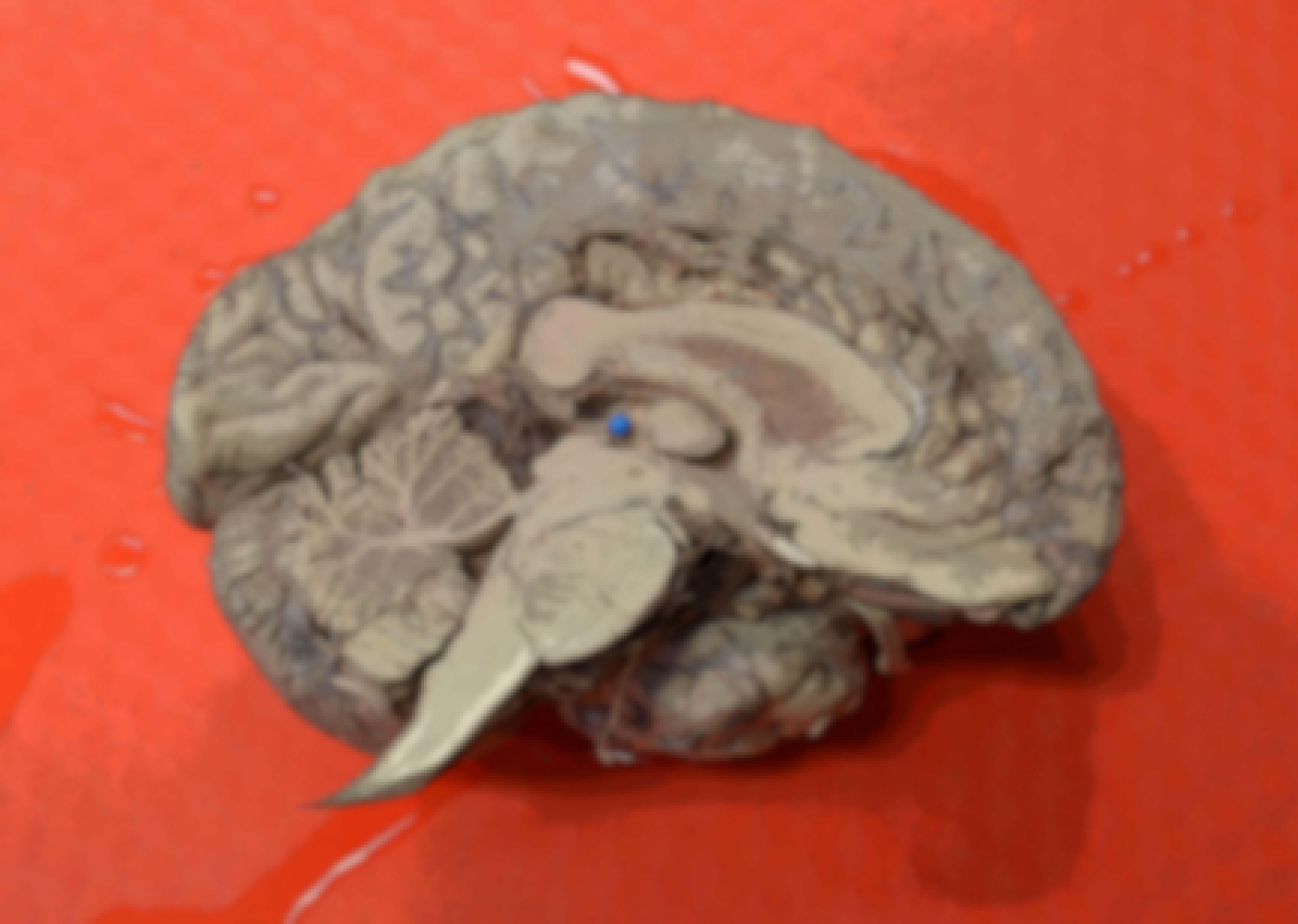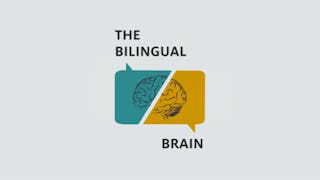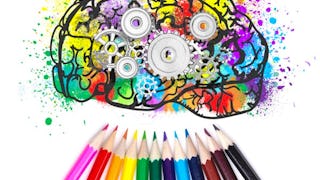Filter by
SubjectRequired
LanguageRequired
The language used throughout the course, in both instruction and assessments.
Learning ProductRequired
LevelRequired
DurationRequired
SkillsRequired
SubtitlesRequired
EducatorRequired
Explore the Brain Course Catalog
 Status: Preview
Status: PreviewThe University of Chicago
Skills you'll gain: Neurology, Physiology, Anatomy, Behavioral Health, Mental and Behavioral Health, Mental Health Diseases and Disorders, Vital Signs, Control Systems, Coordination, Biology, Communication Systems
 Status: Preview
Status: PreviewDuke University
Skills you'll gain: Neurology, Physiology, Anatomy, Cell Biology, Psychology, Pathology, Molecular Biology
 Status: Preview
Status: PreviewEmory University
Skills you'll gain: Pharmacology, Substance Abuse, Mental and Behavioral Health, Social Studies, Neurology, Behavioral Health, Vulnerability, Health Policy, Public Health, Case Studies
 Status: Preview
Status: PreviewUniversity of Houston
Skills you'll gain: Multilingualism, Language Competency, Language Learning, Learning Theory, Non-Verbal Communication, Neurology, Human Development, Psychology, Child Development, Science and Research
 Status: NewStatus: Free Trial
Status: NewStatus: Free TrialUniversity of Cambridge
Skills you'll gain: Childhood Education and Development, Human Learning, Child Development, Psychology, Decision Making, Teaching, Learning Theory, Instructional Strategies, Learning Strategies, Empathy, Neurology, Magnetic Resonance Imaging, Disabilities, Autism Spectrum Disorders, Medical Imaging, Special Education, Electrophysiology, Differentiated Instruction, Human Development, Non-Verbal Communication
 Status: Free Trial
Status: Free TrialUniversity of Colorado Boulder
Skills you'll gain: Team Motivation, Diversity and Inclusion, Innovation, Team Leadership, Personal Development, Leadership, Resilience, Organizational Leadership, Team Performance Management, Industrial and Organizational Psychology, Organizational Change, Creativity, Team Building, Decision Making, Critical Thinking and Problem Solving, Self-Awareness, Coaching, Change Management, Psychology, Storytelling
What brings you to Coursera today?
 Status: Free Trial
Status: Free TrialJohns Hopkins University
Skills you'll gain: Magnetic Resonance Imaging, Neurology, Medical Imaging, Diagnostic Radiology, Anatomy, Image Analysis, Data Analysis, X-Ray Computed Tomography, Correlation Analysis, Data Manipulation, Radiology, Analytical Skills, Experimentation, Research Design, Statistical Analysis, Biomedical Technology, Advanced Analytics, Network Analysis, R Programming, Statistics
 Status: Free Trial
Status: Free TrialDeep Teaching Solutions
Skills you'll gain: Deductive Reasoning, Cognitive flexibility, Logical Reasoning, Critical Thinking, Curiosity, Decision Making, Problem Solving, Analytical Skills, Case Studies, Emotional Intelligence, Creative Thinking, Independent Thinking, Open Mindset, Complex Problem Solving, Lifelong Learning, Growth Mindedness, ChatGPT, Willingness To Learn, Systems Thinking, Strategic Thinking
 Status: Preview
Status: PreviewYale University
Skills you'll gain: Psychology, Child Development, Psychiatry, Mental Health, Human Development, Human Learning, Social Sciences, Behavioral Health, Sociology, Neurology, Critical Thinking, Scientific Methods, Problem Solving

Yale University
Skills you'll gain: Diagnostic Radiology, Medical Imaging, Radiography, X-Ray Computed Tomography, Medical Ultrasonography, Magnetic Resonance Imaging, Diagnostic Tests, Neurology, Image Analysis, Anatomy

Yale University
Skills you'll gain: Anatomy, Neurology, Human Musculoskeletal System, Respiration, Physiology, Radiology, Surgery
 Status: Preview
Status: PreviewUniversity of Washington
Skills you'll gain: Supervised Learning, Network Model, Matlab, Machine Learning Algorithms, Artificial Neural Networks, Computer Vision, Computer Science, Reinforcement Learning, Computational Thinking, Mathematical Modeling, Biology, Linear Algebra, Information Architecture, Differential Equations, Probability & Statistics
Brain learners also search
In summary, here are 10 of our most popular brain courses
- Understanding the Brain: The Neurobiology of Everyday Life: The University of Chicago
- Medical Neuroscience: Duke University
- The Addicted Brain: Emory University
- The Bilingual Brain: University of Houston
- The science of mind and decision making: University of Cambridge
- Neuroscience of Leadership: Leading with Your Brain: University of Colorado Boulder
- Neuroscience and Neuroimaging: Johns Hopkins University
- Critical Thinking: A Brain-Based Guide for the ChatGPT Era: Deep Teaching Solutions
- Introduction to Psychology : Yale University
- Visualizing the Living Body: Diagnostic Imaging: Yale University










